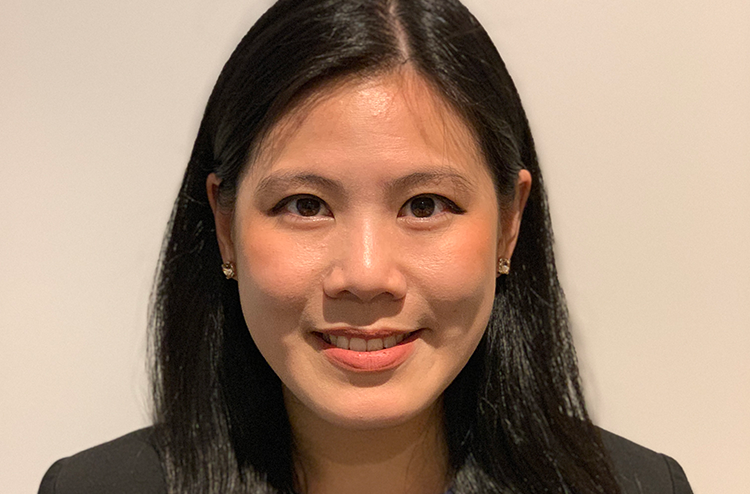Dr Khai Li Chai: Evaluating the evidence base, current practice and clinical outcomes of immunoglobulin treatment

Patients with chronic lymphocytic leukaemia, non-Hodgkin lymphoma, multiple myeloma and patients who have undergone an allogeneic stem cell transplant frequently develop acquired hypogammaglobulinaemia due to underlying disease or as a consequence of treatment. Acquired hypogammaglobulinaemia is a condition where the body does not produce enough antibodies and can be associated with serious and/or recurrent infections. It is a significant cause of mortality and morbidity in these patients. Immunoglobulin replacement therapy is frequently administered in these patients but there are substantial variations in recommendations and practice internationally with no clearly defined standard of care.
Dr Chai’s project will evaluate the evidence base, current practice and clinical outcomes of immunoglobulin treatment and investigate how detailed patient immune profiles can be used to guide and monitor optimal dosing and duration of immunoglobulin therapy.
About Khai Li
Dr Khai Li Chai is specialist clinical and laboratory haematologist. She graduated with honours from the University of Melbourne, and completed her specialist training at St Vincent’s Hospital Melbourne and Peter MacCallum Cancer Centre. She is completing a thrombosis fellowship at Northern Health with imminent plans to commence a PhD at Monash University. Her research interests lie in the fields of transfusion medicine, haemostasis and thrombosis.
This research project is kindly supported through the Estate of Davina Sickerdick.
PhD scholarships are co-funded by the Leukaemia Foundation and the Haematology Society of Australia and New Zealand (HSANZ).
Last updated on January 30th, 2023
Developed by the Leukaemia Foundation in consultation with people living with a blood cancer, Leukaemia Foundation support staff, haematology nursing staff and/or Australian clinical haematologists. This content is provided for information purposes only and we urge you to always seek advice from a registered health care professional for diagnosis, treatment and answers to your medical questions, including the suitability of a particular therapy, service, product or treatment in your circumstances. The Leukaemia Foundation shall not bear any liability for any person relying on the materials contained on this website.